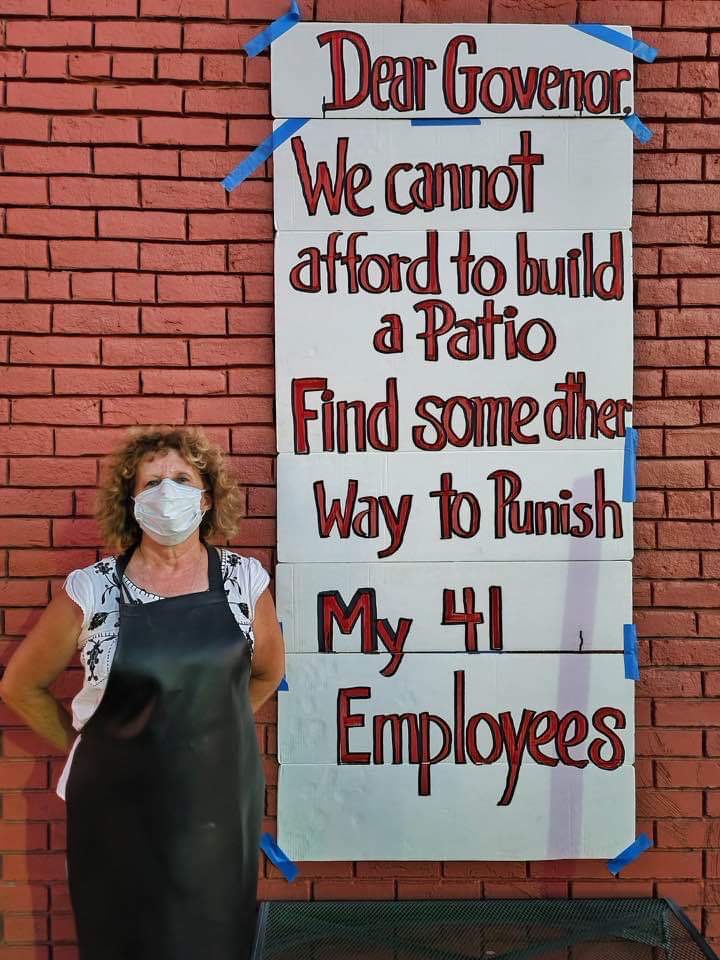Book Review: The New Farm: Our Ten Years At The Front Lines Of The Good Food Revolution
A Memoir Of A (Profitable) Organic Farm

Latest Article|September 3, 2020|Free
::Making Grown Men Cry Since 1992

